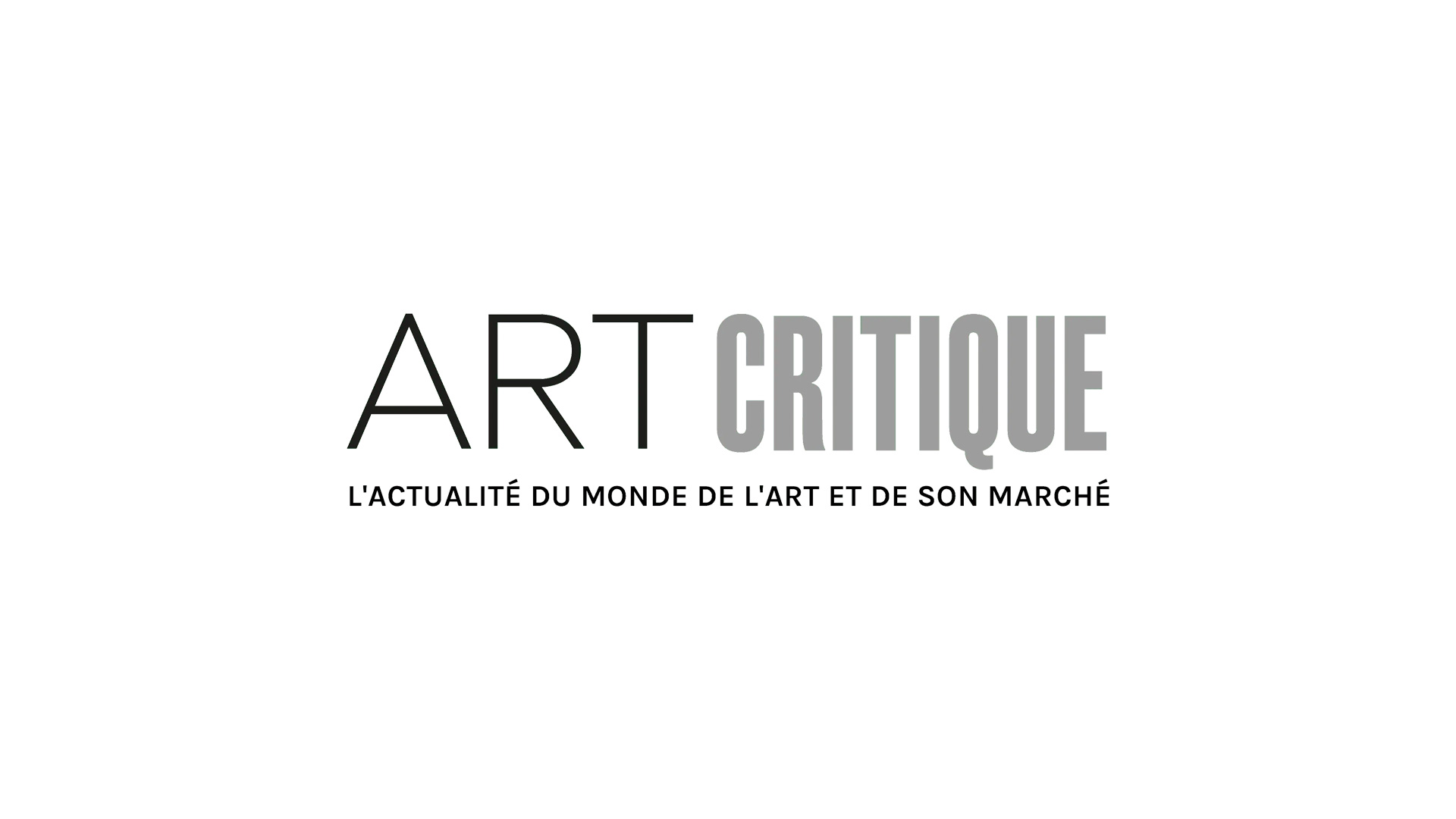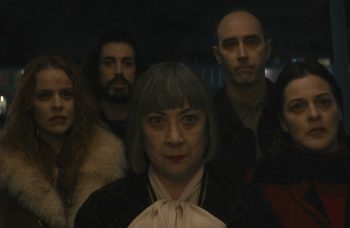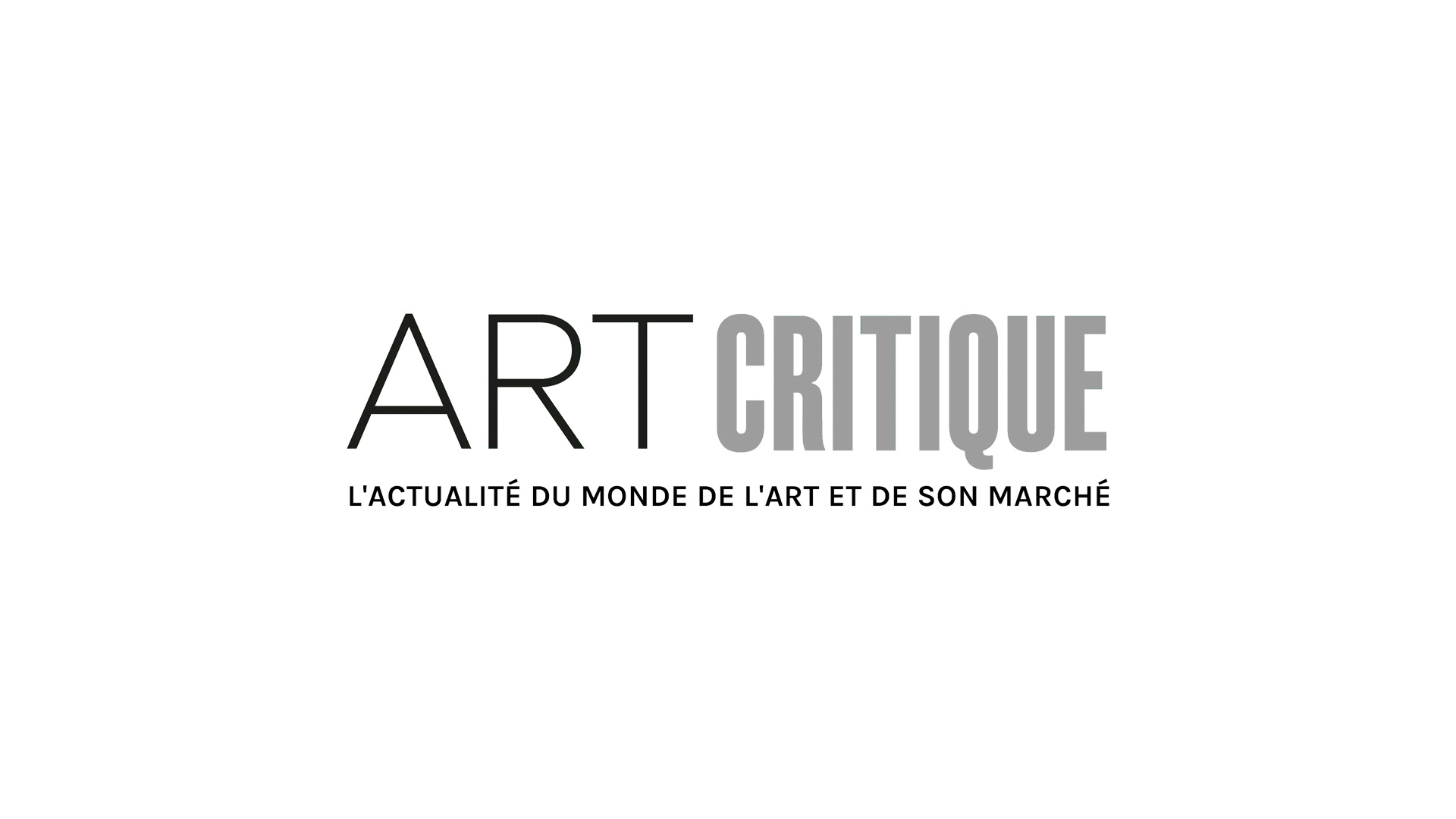When stand-up comedians and their specials make international headlines, more oft than not lately it’s been due to regressive opinions and disturbing actions coming to light. This is one of the biggest reasons why Hannah Gadsby’s comedy special Nanette came as such a surprise to me, as I saw it appear in every corner of my social media shortly after its debut on Netflix in 2018. Tackling issues of systemic misogyny, homophobia, and the nature of self deprecation, Gadsby gave us a raw and unflinching window into the life of an LGBTQ woman in a male dominated field. While any fan of the comedic form can tell you that it’s an excellent avenue for political discussion (a spoonful sugar and all that), and that there are plenty of comedians who highlight the socio-political issues of the world through their work, the sweeping presence of Netflix coupled with the Australian comic’s resonant material seemed to quickly bring the collective audience into an important conversation on the effects of comedy on the marginalized.
In a TEDTalk entitled “Three ideas. Three contradictions. Or not.” that was uploaded this passed week, the world got to hear some of Gadsby’s reflections on Nanette: the nature of her routine itself, the large ripples it has made, and a bit more about her own life- notably, her diagnosis of autism shortly before writing Nanette. One of the most obvious points that can be gathered from her talk is that Gadsby does not at all seem to have given up comedy, that assertion being one of the cornerstones of her comedy special. In her own words, “The point was to break comedy so I could rebuild it and reshape it, reform it into something that could better hold everything I needed to share, and that is what I meant when I said I quit comedy.” Clearly the widespread success of Nanette came as much as a surprise to her. But just as with the fluid form of her routine that moved so easily from joke to storytelling to analysis, so to does her TEDTalk seem to sit somewhere beyond comedy or lecture. It gives an indication that through the aims of Nanette, Gadsby has found her perfect balance amongst the trappings of stand-up to continue to convey her heartfelt truths and hold a mirror up to the world.
The talk is framed by the rule of three, that golden rule of writing and performing that ideas presented in groups of threes will have the optimal satisfaction or humour. Gadsby explains how her comedic style holds this concept at its core, with her opting for the presenting of an idea, the furthering of that idea, and then a surprising third idea to finish the trio. And this rule of three with a disarming finisher is certainly present in not just the Gadsby’s jokes but the form of her material as well. Where many a comedian would save their third for the side splitting punchline, she opts to use this expectation to drive home the ideas she’s trying to have her audiences retain. This subversion of the comedy staple not only sets up the impact of her stories, but forces the audience to be more than just “a mindless, laughing mob” in the face of Gadsby’s pain.

Gadsby’s talk seems to circle homeward with the discussion of her neurodiversity. It’s a joyous thing to hear of the sense of understanding she found for herself in receiving her diagnosis, especially from someone who has had to bravely live their truth for many a reason. While you can sense the pain in her expressing “how profoundly isolated” she has felt, there is also an unflappable resilience that oozes from her in recounting her decision to proudly tell her story, darkness and all, and not for laughs. There are no easy, self deprecating jokes about her mental health. There is merely a presenting of her humanity.
Through her strength of character and unabashed truthfulness, Hannah Gadsby is giving a profound figure of hope to many: women, the LGBTQ, the non-neurotypical, and all those disenchanted with the injustice of this world. The spotlight that Nanette has afforded her has given representation to voices sorely missing from the conversation of comedy. Through one iconoclastic concept, she has shown just what modern comedy can be capable of. Not merely something to laugh and leave, but one of the sweetest ways to share bitter truths. Gadsby shows us that sharing our pain and our true selves does not drive us apart. It brings us together.
Watch the full TEDTalk here.





